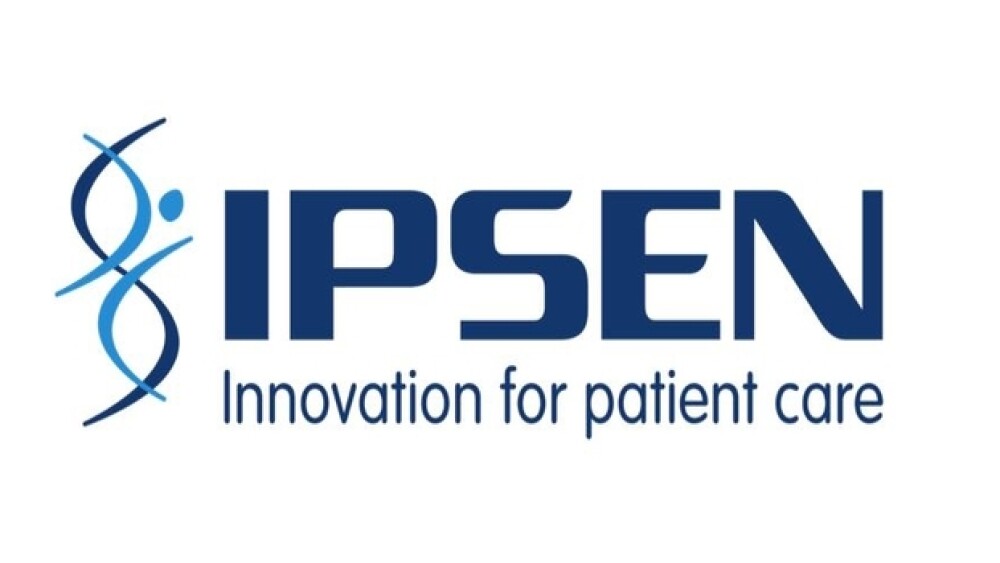This morning, Ipsen said it entered into an agreement with Clementia will help the company continue its transformation that is part of a key strategic objective to accelerate its rare disease pipeline.
Shares of Canada-based Clementia are soaring more than 75 percent in premarket trading after France’s Ipsen Biopharmaceuticals announced plans to acquire the company in a $1.31 billion deal.
This morning, Ipsen said it entered into an agreement with Clementia will help the company continue its transformation that is part of a key strategic objective to accelerate its rare disease pipeline. The deal for Clementia includes that company’s key late-stage clinical asset palovarotene, an investigational retinoic acid receptor gamma (RARγ) selective agonist, for the treatment of fibrodysplasia ossificans progressiva (FOP), multiple osteochondromas (MO) and other diseases. Palovarotene inhibits excess bone morphogenetic protein (BMP) signaling which is linked to the progression of FOP and MO, both of which are rare disabling bone disorders for which there are no currently approved treatments.
In its announcement, Ipsen said it struck the deal for Clementia ahead of a planned submission of a New Drug Application for palovarotene for episodic flare-up treatment of FOP. The NDA is expected to be submitted to the U.S. Food and Drug Administration in the second half of 2019. If it’s approved by the regulatory agency, Ipsen said a commercial launch of the drug is expected in the middle of 2020. Palovarotene has received Orphan Drug designation for FOP and MO from the FDA and the European Medicines Agency and Fast Track, Breakthrough Therapy and Rare Pediatric Disease designations for FOP from the FDA.
In addition to the potential approval of palovarotene for episodic flare-up treatment of FOP, the drug is in a Phase III registrational trial evaluating a chronic dosing regimen for FOP, and is also in a Phase II trial for multiple osteochondromas. Additionally, the company said palovarotene is being investigated as a treatment for dry eye disease in a Phase I trial.
David Meek, chief executive officer of Ipsen, said the deal for Clementia provides the company with “scientific expertise, exceptional talent and a cornerstone ultra-rare disease drug candidate” that could potentially be approved by the FDA in 2020.
“We look forward to working closely with Clementia to successfully integrate two companies that share a similar patient-centric culture and the ambition to deliver new treatments to patients with unmet medical needs,” Meek said in a statement.
Clarissa Desjardins, Clementia’s CEO, praised her team for the hard work they have done to advance palovarotene toward the planned NDA submission.
“Ipsen’s global commercial presence and capabilities will expedite our shared vision of bringing palovarotene to patients around the world as quickly as possible. We anticipate a smooth transition of our operations into the Ipsen organization that will continue Clementia’s vision of delivering palovarotene to patients worldwide,” Desjardin said.
Ipsen said the acquisition will be financed by existing cash and lines of credit, which will significantly increase the level of net debt. Ipsen said the acquisition is expected to have a limited dilutive impact on the company’s core operating margin for 2019 and 2020 due to the ongoing clinical trials. As a result, Ipsen is updating its 2019 financial objectives and now expects sales growth of 13 percent and a core operating margin of around 30 percent of sales.





